The movie begins, much as the book did, with a young woman (Susan Blacklinie) swimming off shore of the peaceful beaches of Amity Island while her drunken boyfriend collapses uselessly in the sand. She treads water for a bit until something tugs on her leg, the fear and horror that overcomes her is palatable, and soon she is in a fight for her life with a creature from the deep that has no mercy, no morals, just the desire to feed.
Machete wielding maniacs may populate many horror movies out there but to me there is nothing scarier than a shark; Jason Voorhees had to don a hockey mask to create that dead emotionless stare while a shark was born with its visage of pure cold malice. When Jaws hit theaters in the summer of 1975 it wasn’t just the first film to ever make over 100 million dollars it also caused a hysteria that kept many people away from the water. I’m betting there were a few tourism boards out there that were less than impressed by “The Summer of the Shark” but it is the fact that sharks are real, and not just some supernatural boogeyman, that makes Jaws such a great horror/adventure film. When one walked out of The Exorcist in 1973 the most effect it would have had on the public would have been the sales of Ouija boards. The average person isn’t afraid of the devil possessing their children, but show them a shark and they’ll start planning that camping trip to Death Valley.
“Yosemite Park here we come!”
Of course having a villain that has a built in hereditary visceral gut wrenching fear is only half the job, you have to provide characters we care about to face such a menace, and Steven Spielberg and company populated this small coastal town with some of the most memorable characters ever put to screen. You have Chief Brody (Roy Scheider) as the everyman, an audience identifier figure who finds himself literally out of his element, then there is Matt Hooper (Richard Dreyfus) the ichthyologist, a lovable and charming scamp who does not underestimate the problem Amity Island is facing, and of course the stand out character in this movie is Quint (Robert Shaw) the shark hunter, a man out of time who survived the sinking of the U.S.S. Indianapolis amongst schools of killer sharks.Can you even imagine this film without the Quint's Indianapolis monologue?
The film also supports a plethora of great supporting characters such as Ellen Brody (Lorraine Gary) as the supportive wife, Mrs. Kintner (Lee Fierro) the distraught mother who loses her only child to the shark and blames Chief Brody, and Mayor Vaughn (Murray Hamilton) who doesn’t want the beaches closed as that would destroy the towns economy and result in the Mafia fitting him with a pair of cement shoes?“Mafia, what Mafia?
If you’d read the Peter Benchley novel you would know that the real reason that Mayor Vaughn was against closing the beaches during the 4th of July wasn’t just because he was a sniveling coward and slave to his own greed, but because he was in deep with a group of “Silent Partners” who had invested heavily into real estate on the island, and those investors just happened to be mob related. That is just one of many changes the movie made when it came to its cast of characters; in fact most of the people in the book were fairly unlikable, Spielberg himself said he was on the side of the shark when reading the book, and the most egregious example of this is the “love triangle” between Chief Brody, his wife, and Matt Hooper that Benchley created. In the book the Chief and his wife were constantly bickering which resulted in Ellen Brody sneaking off to a local motel to have a tryst with Matt Hooper. So when the shark eats Hooper (yes, he dies in the book but not in the movie) it’s kind of a karmic payback."Brody, you didn't tell me you're wife was such a dish."
In the book Quint is just a knock off version of Melville’s Captain Ahab, with none of the personality or backstory that Robert Shaw brought to the character, he even gets a lame death in the book; instead of being sucked into the gullet of the shark as we see in the movie his foot gets entangled in one of the ropes that is attached to a harpoon sticking out of the shark, he is pulled underwater and drowns.The age ole battle of Man versus Puppet.
The shark himself has quite the different ending in the book; in the movie Brody rams a compressed air tank inside the beast’s mouth, and when the shark makes it’s finally run on our hero Brody shoots the tank and the shark explodes. Author Peter Benchley took umbrage to this change as the whole idea is patently ridiculous (something Mythbusters confirmed), unless the shark had early swallowed a bottle of nitroglycerin and some C4 explosives. So how did the shark die in the book you ask? It succumbed to its wounds and sank to the bottom of the ocean. Call me old fashioned but I prefer exploding sharks over realism any day.“Smile you son of a Bitch.”
When Spielberg’s lead actors weren’t suffering from sea sickness, or in the case of Robert Shaw drunkenness, the fledgling director also had to deal with two other major problems; the fact that shooting on the ocean is about the worst idea possible if you want your film to come in on time and on budgeted, and that the mechanical sharks, when they worked, didn’t look all that convincing to begin with. With walkie-talkies constantly blaring, “The shark is not working” Spielberg was forced to come up with alternative ways to stage his shark attacks. Shooting from underwater up at the dangling legs of unsuspecting swimmers brilliantly showcased man’s vulnerability to creatures of the deep, and also didn’t require the shark to be on camera, but the most effective idea Spielberg and company came up with was the “Three Barrels” motif. Quint is able to harpoon the shark and attach three bright yellow barrels to it, thus whenever they pop up we know the shark has returned; henceforth they become almost harbinger of doom.Despite not once seeing the shark during the barrel chase sequence it is still one of the most exciting and suspenseful action scenes put to film.
You could drag barrels through the water until you were blue in the face and it would not have achieved the result it did without the work of legendary composer John Williams. The Jaws theme is easily the most memorable piece of movie music ever composed, and can be recognized after hearing just the first few notes. We’ll never know how well the film would have done without such a fantastic score but I’m betting it would have reduced the success by at least a factor of ten, and a surprise to no one that it won the Academy Award for Best Score.Without the score this is what you are left with.
Jaws is a film that speaks to our primal fears and despite those fears we readily go along on this mad adventure with Brody, Hooper and Quint as they set out to take on nature’s greatest eating machine. We agonize over Chrissie’s horrible death, are shocked at the brutal taking of the Kintner boy, laugh with the comradery over our heroes as they bicker amongst themselves, and thrill to the chase as man versus nature as it’s never been filmed before. Never before and not really since either. The success of Jaws had Universal clamoring for a sequel (eventually making three of them), and every other studio was also trying to cash in on the Jawsmania with their own versions. My personal favorite was the 1977 horror film The Car as it wasn’t just another killer fish movie but took some of the basic framework of Jaws and worked it into a desert town being terrorized by a demonic car.It was a lot dryer than Jaws but still very effective.
Most Jaws rip-offs didn’t go for that much originality and Universal even tried to sue New World pictures for their 1978 movie Piranha, but Spielberg saw an advanced screening of Joe Dante's film and loved it, he later convinced Universal to drop the suit. The 1976 Grizzly has an ursine version of Jaws and even had Susan “Chrissie” Blacklinie as one of the bear’s victims. Decades later and we are still getting shark movies; from the absurd Shark Attack and Sharknado series to the recent entry in the survival/horror genre The Shallows.No matter how many sequels, rip-offs or threatening reboots there are out in the world we can rest assured that that there is only one Jaws. It was a perfect storm of brilliant filmmaking overcoming adversity to deliver one of the greatest movies of all time. Jaws, accept no substitutes.
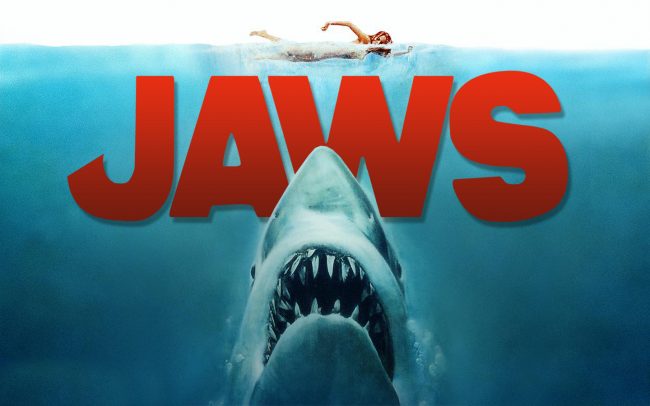
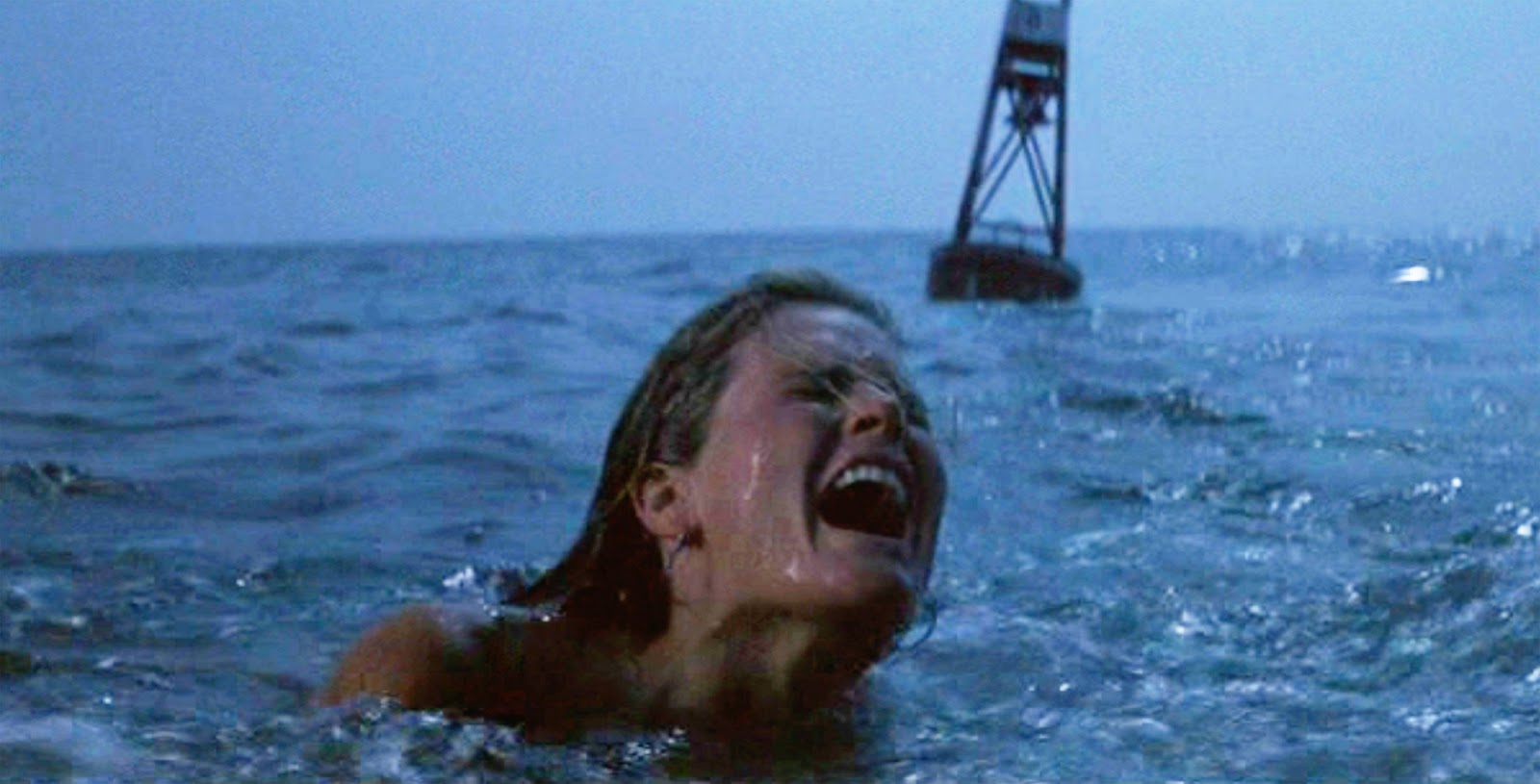
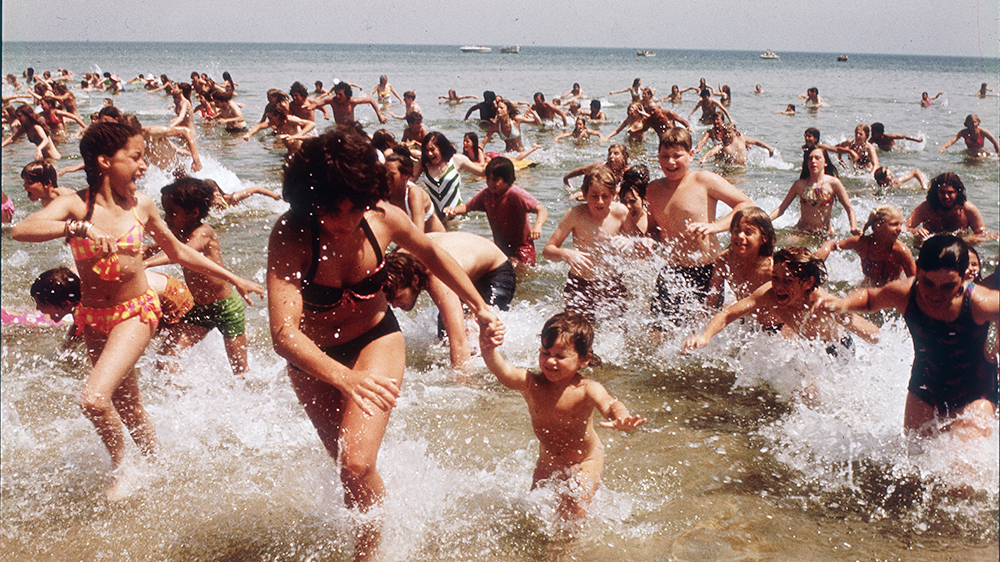
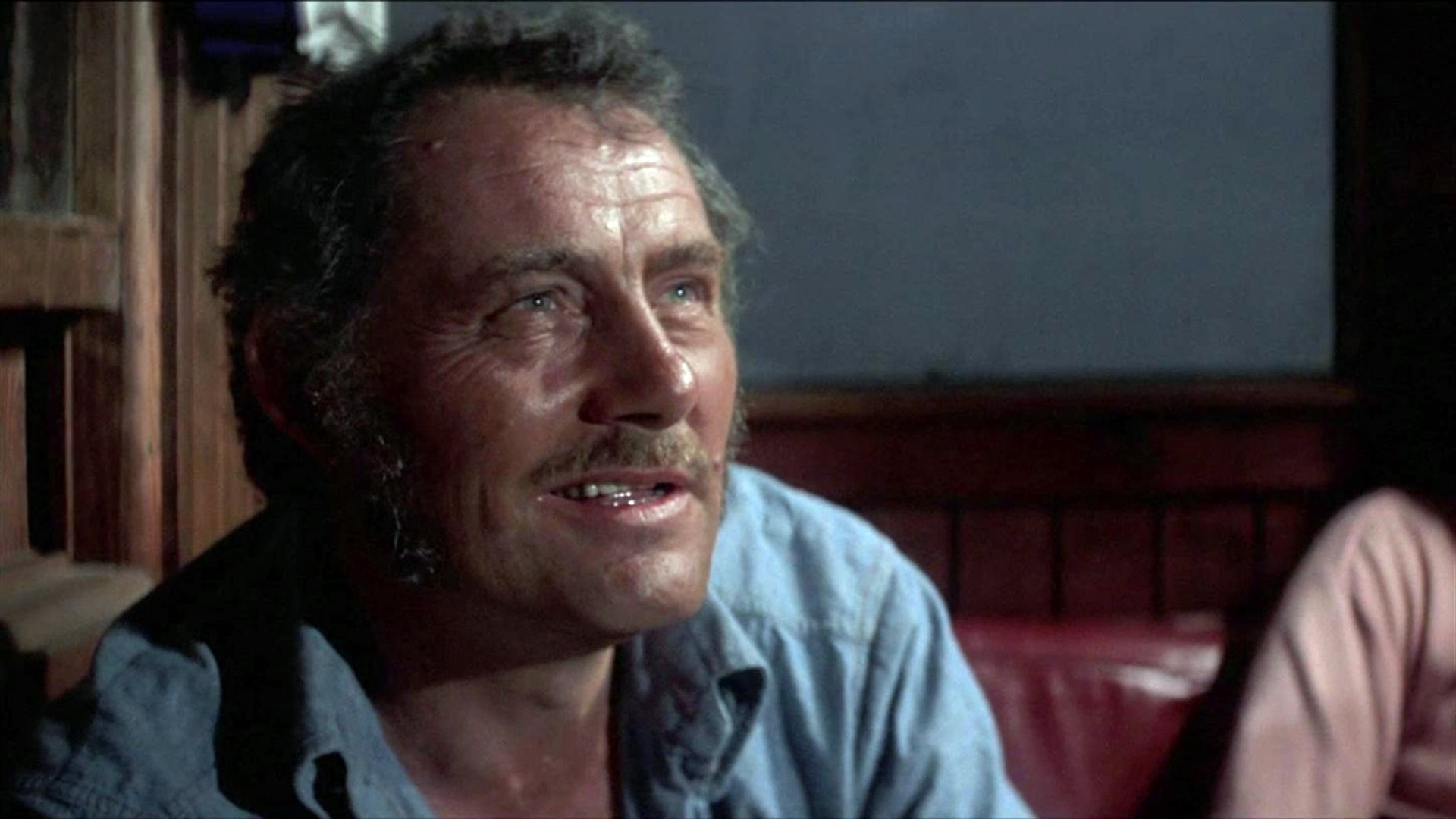
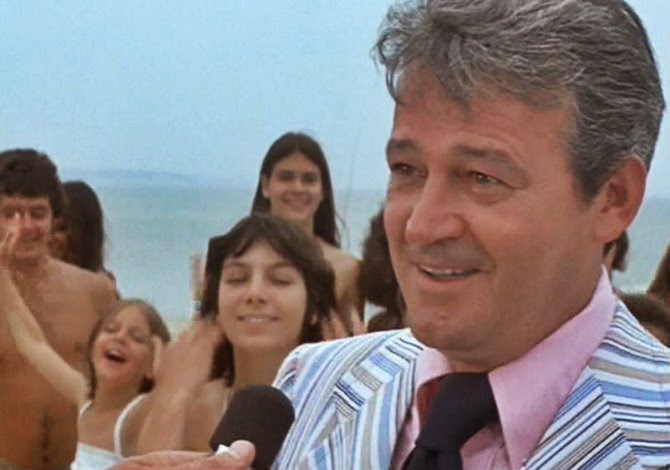
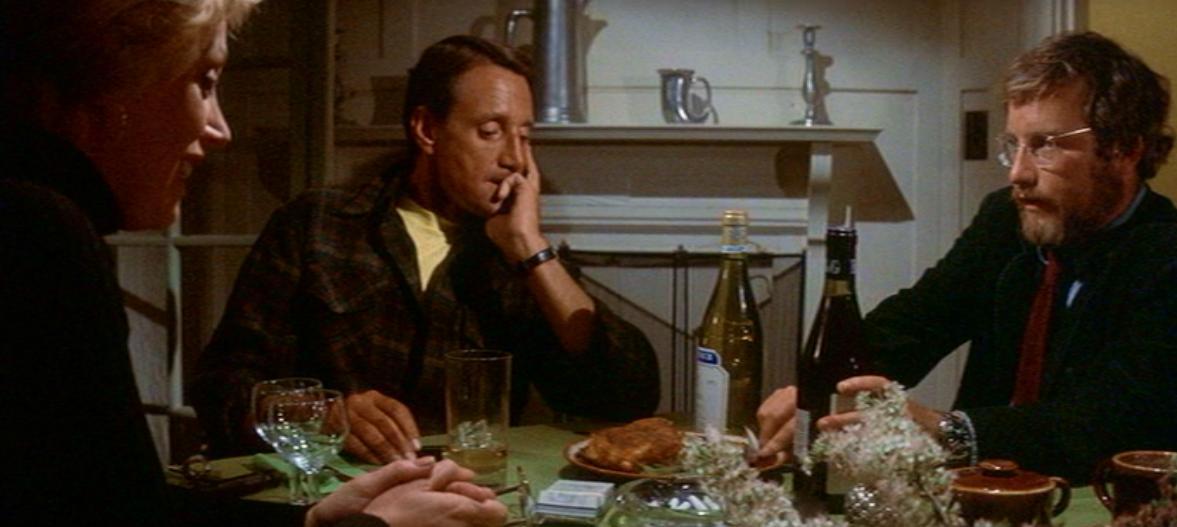
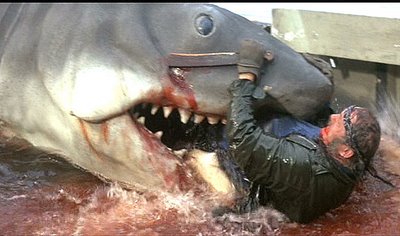

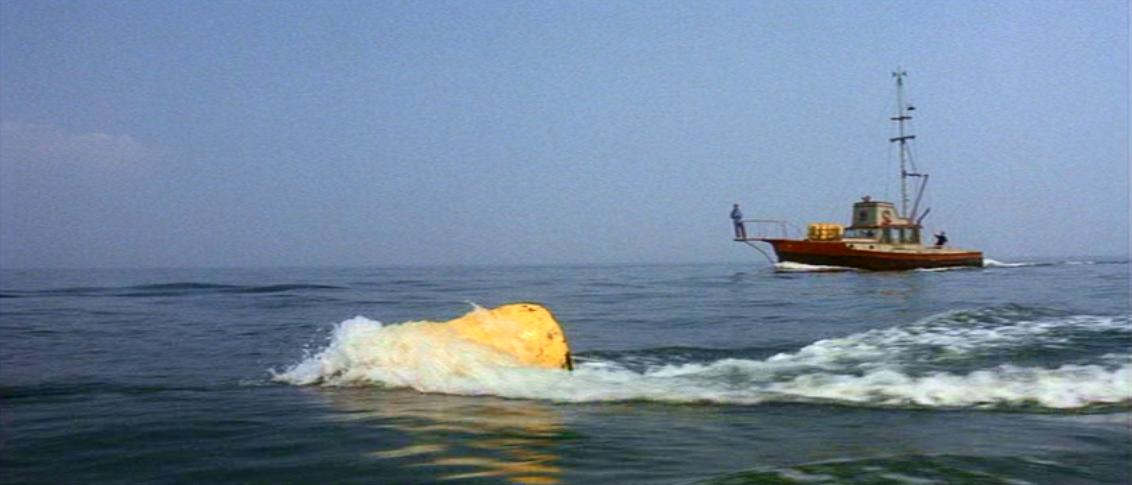

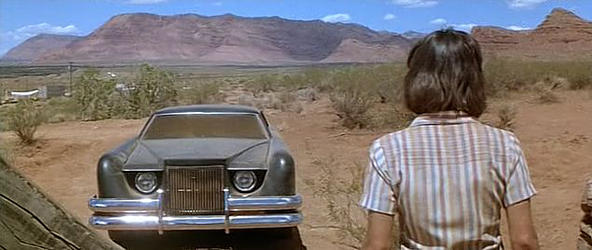
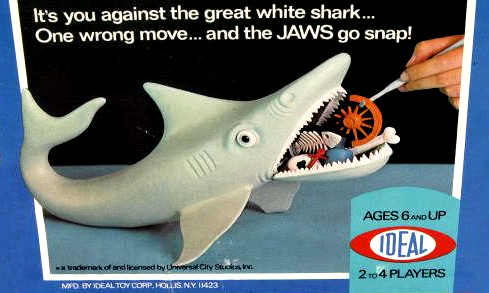

No comments:
Post a Comment